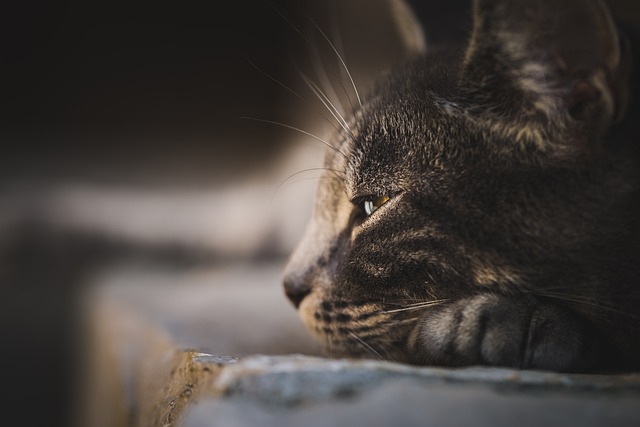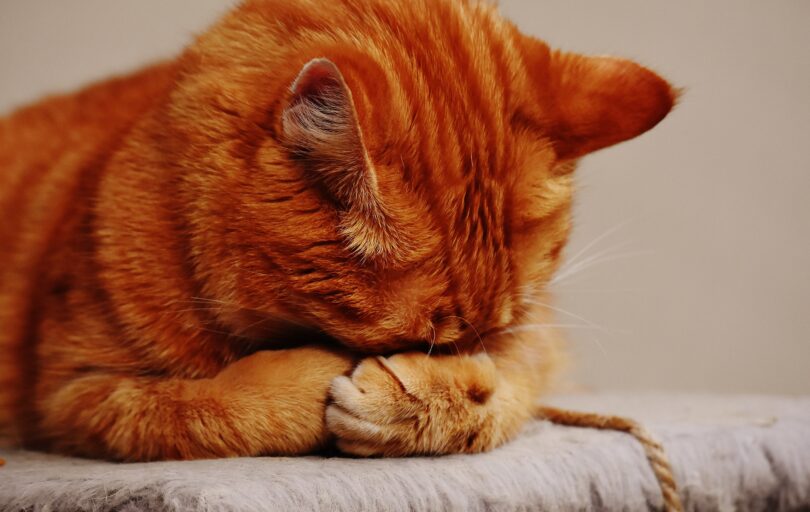
Observing your cat’s back twitching may raise concerns, but it’s essential to understand the potential reasons behind this behavior. Here are some common causes and when to seek veterinary advice:
1. Normal Behavior for Felines
- Cats have a sensitive muscle layer along their backs called the “cutaneous trunci,” which responds to physical stimuli like stroking or emotions like excitement. Occasional twitches in response to these stimuli are normal.
2. Pain
- Pain, stemming from conditions like arthritis, wounds, nerve damage, or anal gland disorders, can cause back twitches. Cats may conceal pain, so look for signs like licking, limping, or changes in behavior.
3. Skin Disease
- Itching due to skin conditions can lead to muscle twitching. Watch for signs like excessive licking, scratching, hair loss, rashes, and scabs.
4. Seizures
- Cats can experience seizures, which may include subtle signs like muscle twitching, spasms, vacant stares, or rapid blinking.
5. Feline Hyperesthesia Syndrome (FHS)
- FHS is a neurological disorder characterized by skin rippling and twitching. Additional signs may include sensitivity to touch, excessive biting, and behavioral changes. Diagnosis is often reached by ruling out other potential causes.
6. Hyperthyroidism
- Overactive thyroid glands can lead to increased appetite, weight loss, increased thirst, and urination. Poor coat condition and muscle twitching can also occur.
When to Call the Vet

- Occasional twitches may not be cause for concern, but if your cat shows frequent or severe twitching, along with biting, scratching, or behavioral changes, consult a veterinarian.
- The vet will perform a thorough examination and may conduct diagnostic tests to identify the underlying cause.
Treatment
- Treatment depends on the specific diagnosis. It may involve anti-parasitic medications, analgesics, anti-inflammatories, anti-epileptic drugs, or a combination of strategies.
Conclusion
- While mild back twitches may be normal, severe or frequent twitching warrants attention. Parasites, pain, seizures, and conditions like FHS or hyperthyroidism are potential causes. Consulting a veterinarian ensures proper diagnosis and treatment for your cat’s well-being.







